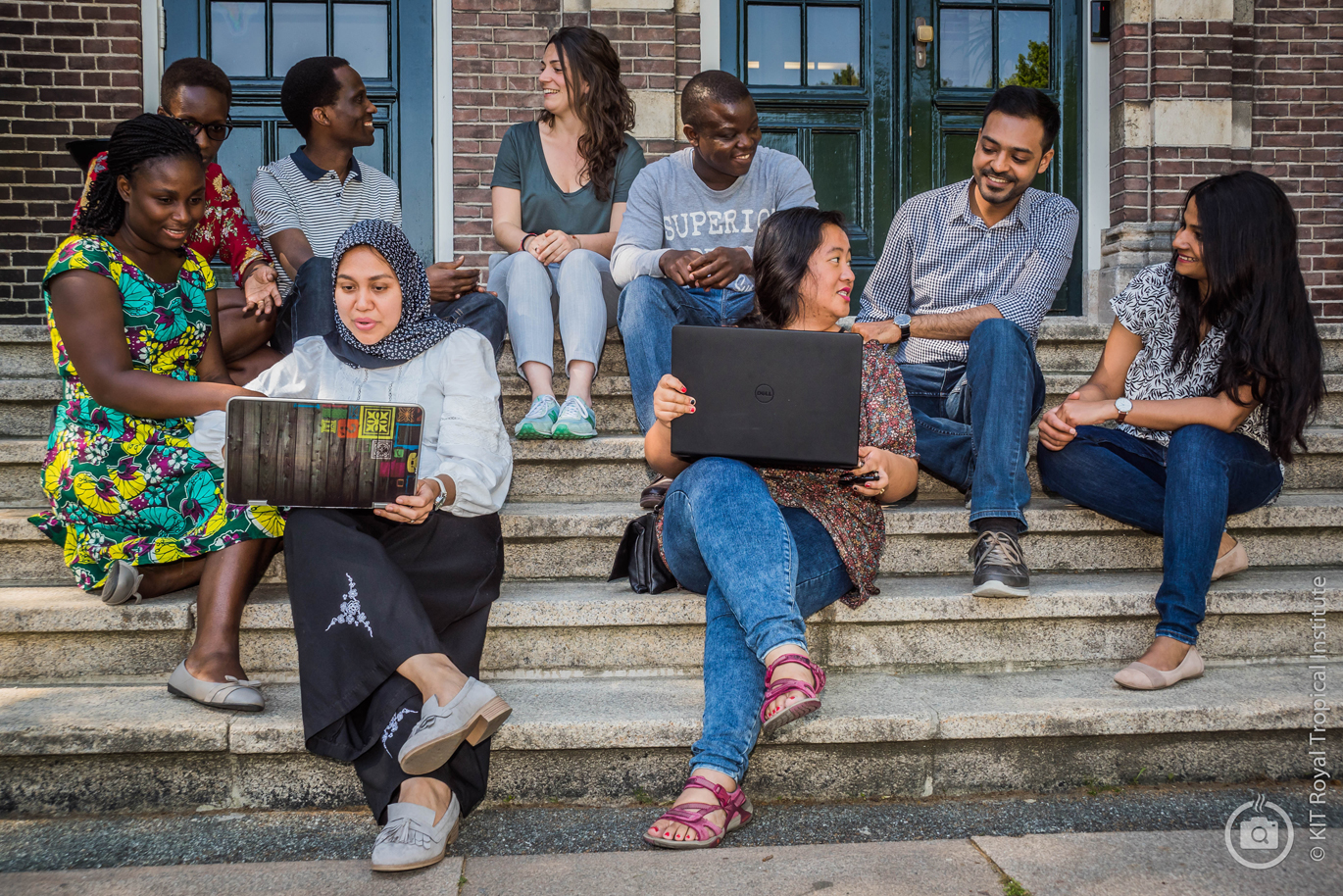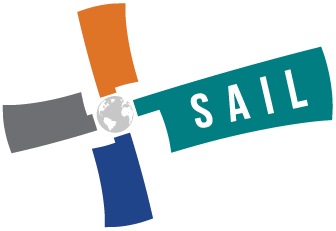
Established in 1910 as the ‘Colonial Institute’ to study the tropics and to promote trade and industry in the colonial territories of the Netherlands, it developed into the KIT Royal Tropical Institute in 1952, when its raison d’être shifted to an association of scientists dedicated to international cooperation, intercultural understanding and the practical application of scientific knowledge for socio-economic development and health care amongst the diverse collection of newly independent nations that emerged in the post-colonial era.
Mission
Today, KIT Royal Tropical Institute is an independent centre of expertise, education, intercultural cooperation and hospitality dedicated to sustainable development. It is the mission of KIT to assists governments, NGOs and private corporations around the world to build inclusive and sustainable societies, informing best practices and measuring their impact. Guided by the Sustainable Development Goals (SDGs) of the United Nations, the work of KIT focuses on the following key areas: Gender, Global Health, Intercultural Communication and Sustainable Economic Development.
Collaboration
KIT joined the SAIL platform because it believes in the added value of sharing knowledge and best practices with knowledge institutions working on different, but related issues. For KIT, the urge to share and collaborate on related themes in international development is directly visible/clear in its work with the SDGs. Together, the SAIL institutes can provide an integrated approach to the SDGs by connecting the knowledge created at its different institutes. Currently, knowledge is a rather undervalued component in the SDG agenda, and universities are not so well-connected to the SDG agenda or its application in practice. SAIL can provide this knowledge. Not only can SAIL synchronise the researches being conducted by the different institutes, but SAIL can also take initiatives to conduct joint researches, which would further enhance the integration of different SDGs in development cooperation.
Teaching programmes
KIT offers master’s courses and advances courses for health professionals aimed at strengthening health systems around the world. The courses are accredited through its affiliation with the Vrije Universiteit Amsterdam. Yearly, about 250 students pass by KIT. These students come from all over the world, but particularly from low- and middle income countries. About 100 students each year follow one of the two one-year master programmes in public health; the other 150 follow one or more of the short courses that KIT offers. Since the start of its master programmes, a total of about 16.000 students have studied at KIT. Additionally, about 20-25 Dutch doctors follow the Dutch tropical doctors core course at the KIT each year.
Alumni
Students are trained to become public health professionals; after graduation they work for (large) NGOs such as WHO and MSF, governments, and national health institutes. The vast majority of alumni, about 98%, return to their home country after having finished their master’s programme at KIT. KIT has a large and strong alumni network that it regularly draws on when a new research project is started in a location where they have an alumnus, in order to enhance the local research capacity.
Advisory projects
KIT has 48 advisors (knowledge experts) at the health department, and another 35 at the social and economic development department. In total, these advisors run about 150 advisory projects, with activities ranging from monitoring to evaluation and baseline research. These projects run from a couple of months, to a couple of years. Through their advisory work, research, knowledge management, education and capacity-strengthening services, these advisors work to improve national health systems and overall global health; social and economic development in the areas of agriculture, gender and food value chains; as well as generating intercultural awareness within companies and organisations. The different foci of KIT are all in pursuit of the SDGs. With the diverse research and advisory projects that KIT undertakes, it generates impact in the Netherlands and across Africa and Asia, embracing both fragile and stable, low and middle-income contexts.
Image: copyright © Royal Tropical Institute

